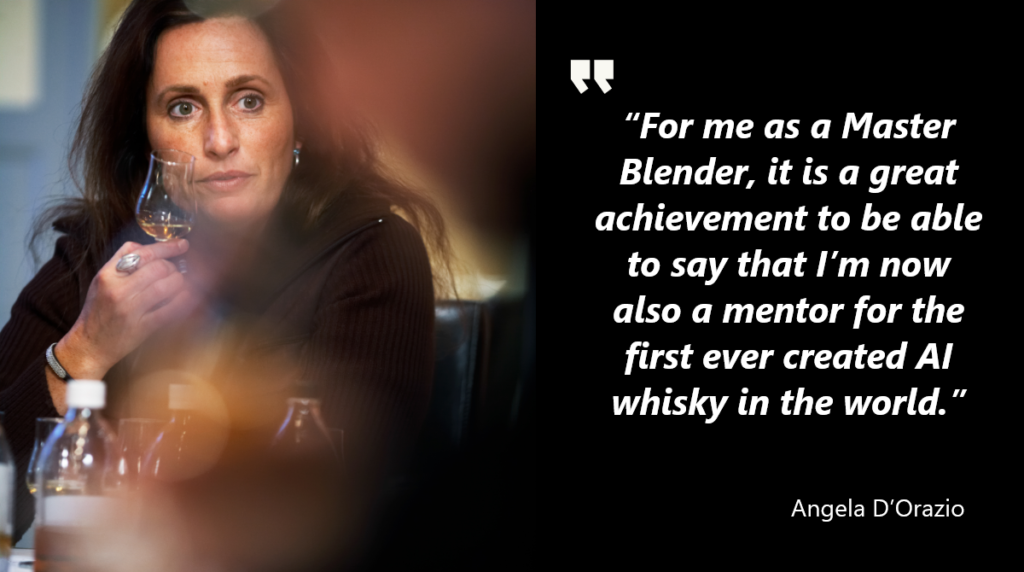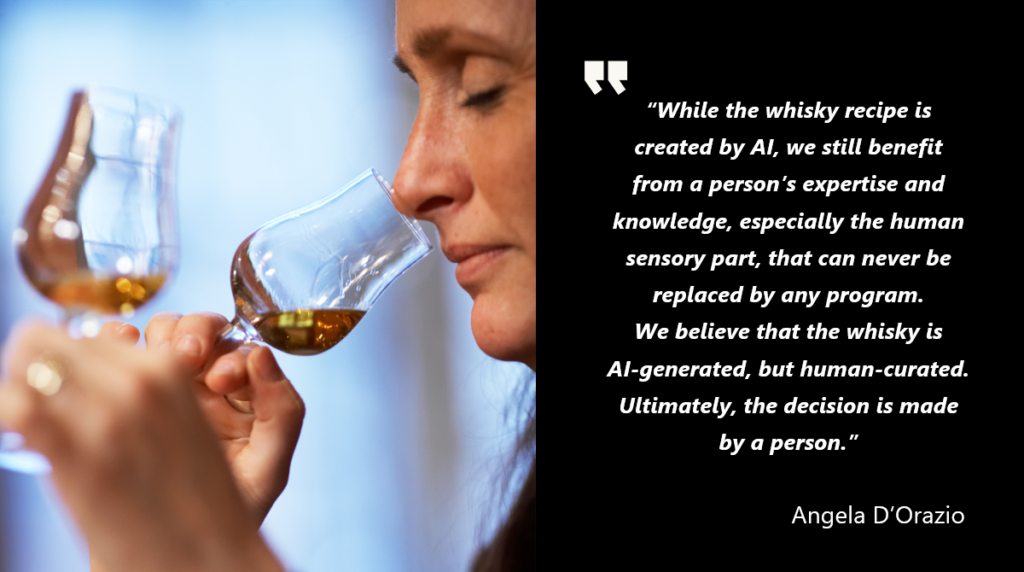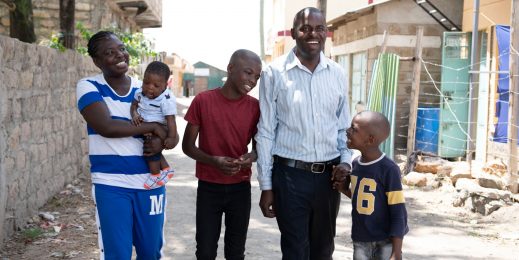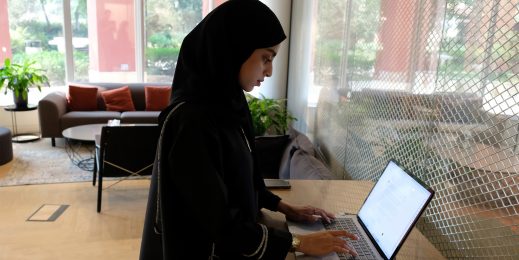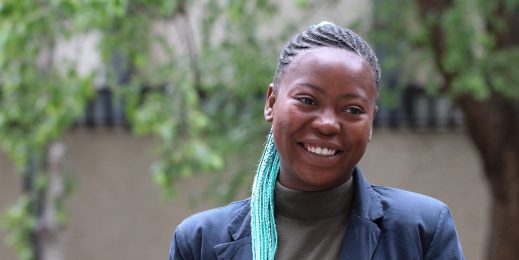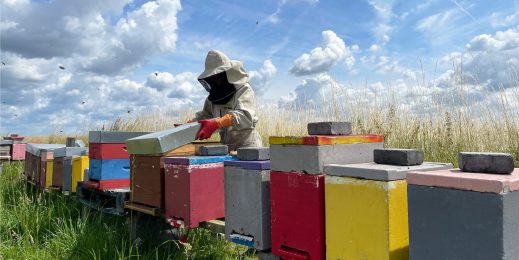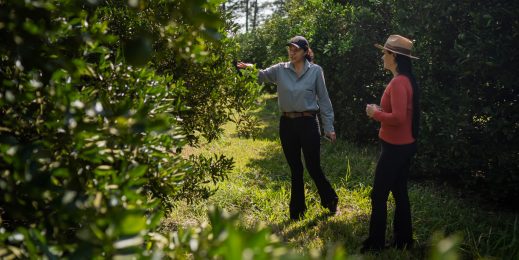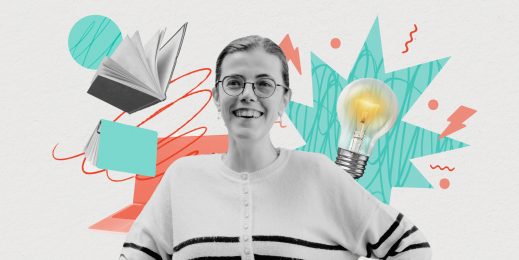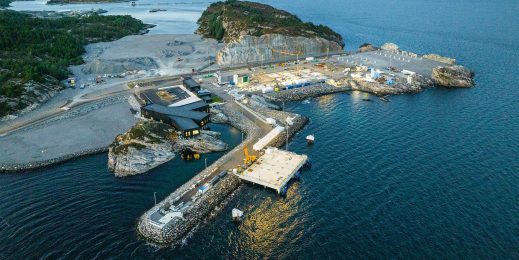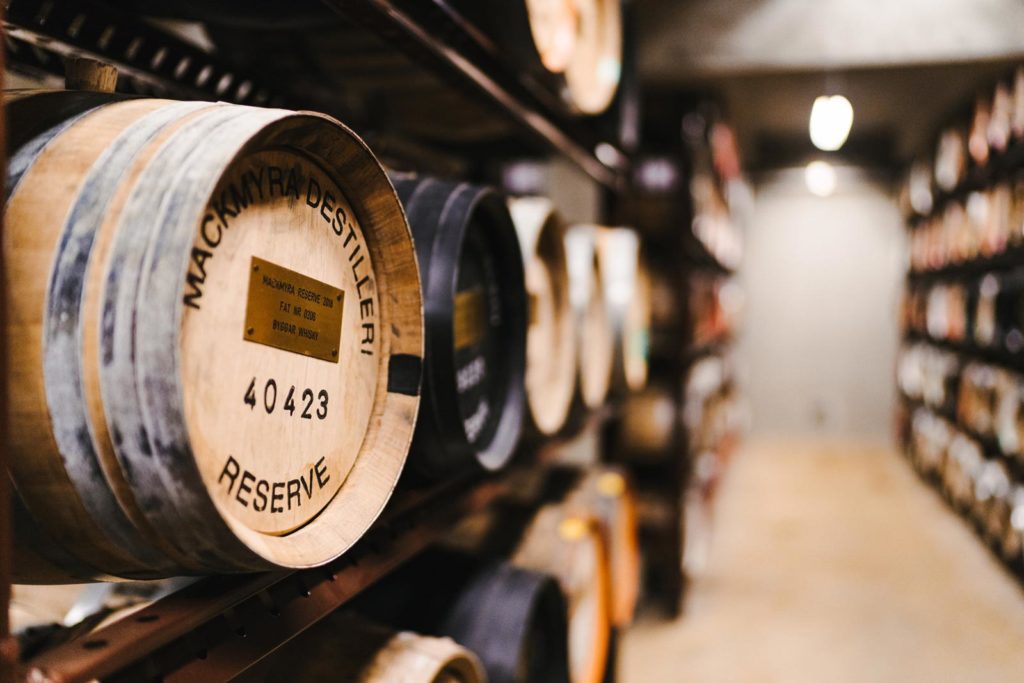
The perfect blend
Meet the world’s first AI-created whisky
Aqua vitae. Uisce beatha. Whisky.
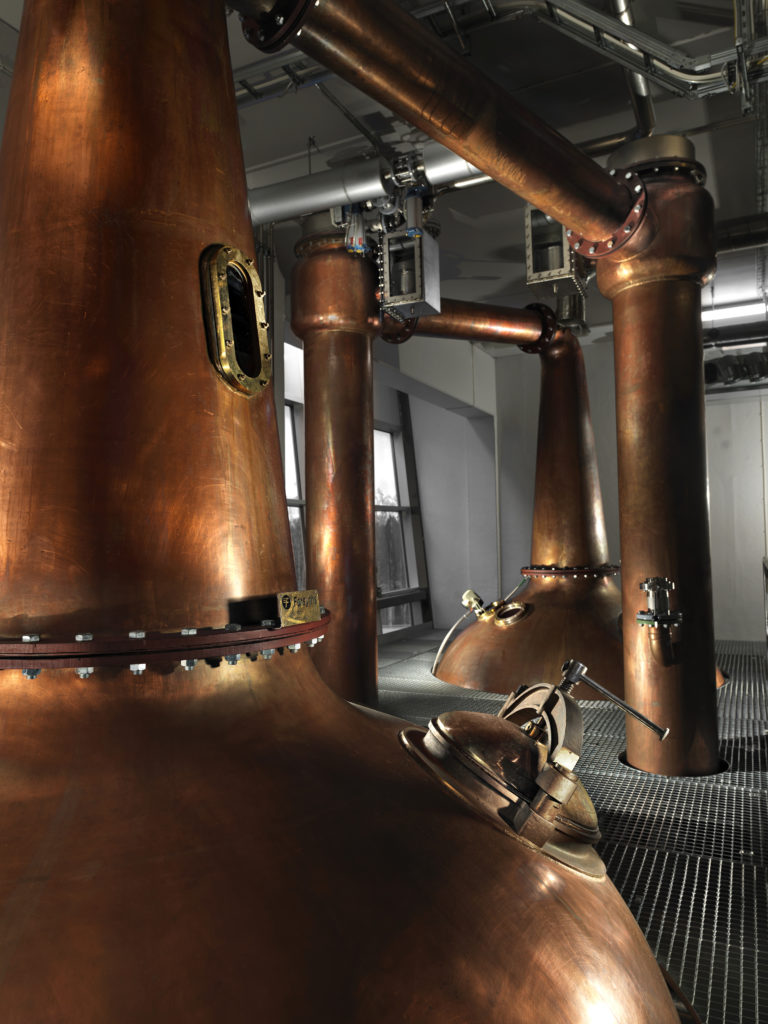 Over 1,000 years ago, travelling monks migrated from mainland Europe to discover new worlds. Their paths led them to Scotland and Ireland, and among their collective wisdom was the knowledge of distillation – the process of extracting and purifying liquid.
Over 1,000 years ago, travelling monks migrated from mainland Europe to discover new worlds. Their paths led them to Scotland and Ireland, and among their collective wisdom was the knowledge of distillation – the process of extracting and purifying liquid.
Lacking the vineyards and grapes from their original lands, they began to ferment grain mash – a mixture of water, grain and yeast – and in doing so, introduced the first whisky to the world.
Derived from the Gaelic word uisce, meaning water, distilled alcohol was known in Latin as aqua vitae, or water of life. This was translated into Old Irish as uisce beatha, before various iterations in early English gave us the whisky (or whiskey) we know today.
Since these early beginnings, whisky production has spread to all corners of the globe. From Ireland and Scotland, to Japan, the US, Australia and more, this ancient art has traversed cultures and boundaries, with each distillery infusing their unique soul into each blend.
Sweden-based Mackmyra Whisky is one such distillery. Founded in 1999 after eight friends decided to create their own whisky, it has since won several international awards, and its Master Blender has recently been inducted into Whisky Magazine’s hall of fame. The distillery’s ambitions, however, reach much further.
Together with Finnish tech company Fourkind and Microsoft, Mackmyra is creating the world’s first whisky developed with artificial intelligence (AI). In an industry synonymous with deep-rooted tradition, human expertise and craftsmanship, what happens when 1,000-year-old techniques meet advanced 21st century technology? ![]()
![]()
![]()
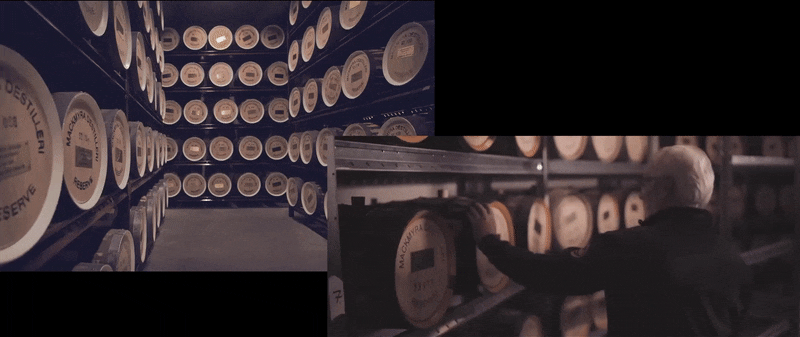
It’s all in the blend
To better understand the role of an AI distiller, we first need to understand what gives whisky its distinct character. Whiskies aren’t just differentiated by their different ingredients, but also by the charred wooden casks they’re stored in. Rather than mere containers, the casks themselves play a vital role in giving each blend its unique flavour.
When whisky is first distilled, it’s a clear liquid that can have an elegant or a smoky character. To get the rich aroma, flavour and colour we’re used to seeing, this clear form, known as new make, needs to spend at least three years (usually much longer,) in wooden casks. This is the maturation phase, where the all-important flavour infusion takes place.
Over time, whiskies slowly begin to take on the colour, aroma and flavours from the casks in which they’re stored, which also includes the flavours and aromas of their previous contents, such as bourbon, sherry, wine or other spirits. “From these casks, we can generate hundreds of thousands of different whiskies,” states Angela D’Orazio, Master Blender at Mackmyra.
Master Distillers can spend their whole lives meticulously tasting, tweaking and experimenting to create the best flavours possible, turning acts of chemistry into a form of art – and this is where Mackmyra wants AI to work its magic.
“We always strive to challenge the traditions in the very traditional whisky trade, and that’s something we can really do now with the help of AI. We see AI as a part of our digital development, and it is really exciting to let AI be a complement to the craft of producing a high-quality whisky. For me as a Master Blender, it is a great achievement to be able to say that I’m now also a mentor for the first ever created AI whisky in the world“, says D’Orazio.
This is the first time that AI has been used to augment and automate the most time-consuming process of whisky creation. According to D’Orazio: “It’s much more complex than models used to create beer, due to the sheer number of combinations available, and the fact that whisky recipe generation is more art than engineering.”

Generated by AI, curated by people
Humans have always selected the different blends of ingredients and casks to create near-infinite flavour combinations.
Currently, the distillery’s machine learning models, powered by Microsoft’s Azure cloud platform and Azure cognitive services, are fed with Mackmyra’s existing recipes (including those for award-winning blends), sales data, and customer preferences. With this dataset the AI can generate more than 70 million recipes that it predicts will be popular, and of the highest quality based on what kind of cask types there are in the warehouse.
This is not only faster than a person carrying out the process manually, but thanks to the algorithm’s ability to sift through and calculate a vast amount of data, new and innovative combinations that would otherwise never have been considered, can be found. It’s important to stress, however, that this AI solution is not designed to replace a Master Blender.
“The work of a Master Blender is not at risk,” D’Orazio states. “While the whisky recipe is created by AI, we still benefit from a person’s expertise and knowledge, especially the human sensory part, that can never be replaced by any program. We believe that the whisky is AI-generated, but human-curated. Ultimately, the decision is made by a person.“
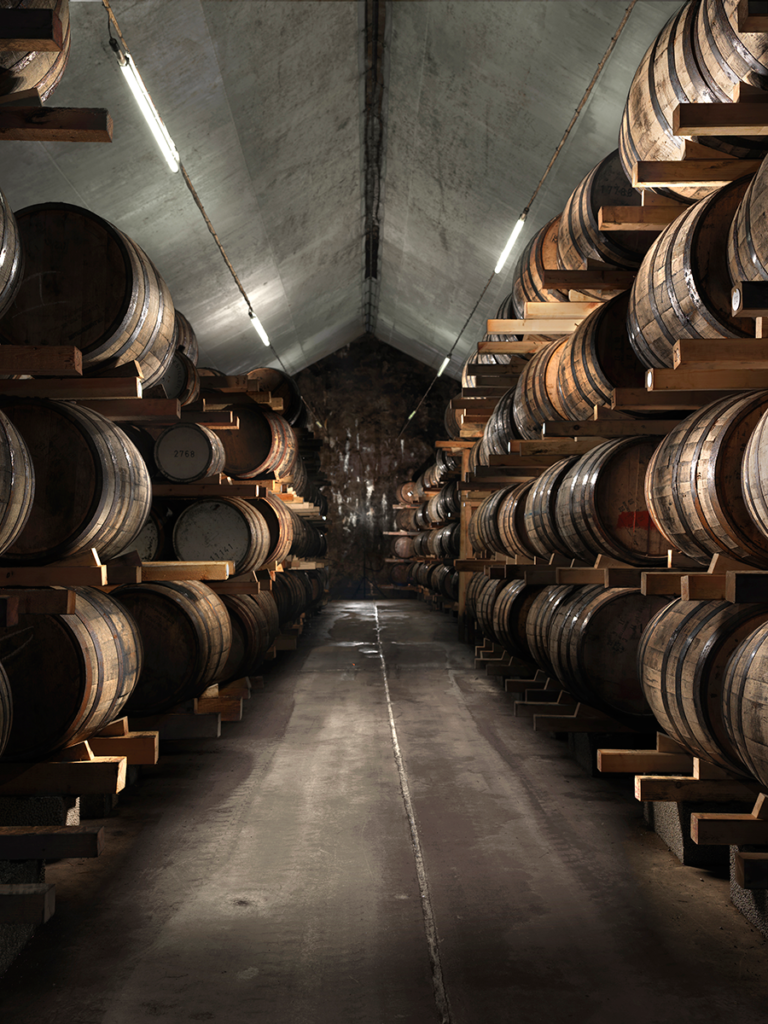 Beyond the glass
Beyond the glass
Mackmyra’s AI-generated whisky will be available from Autumn 2019. According to the distillery, this is the first time that a complex consumer product recipe has been created with machine learning – but whisky is just the beginning.
“This AI-generation can have an impact in different industries globally,” says Jarno Kartela, Machine Learning Partner at Fourkind, the company behind the AI algorithm. “I envision AI systems generating recipes for sweets, perfumes, beverages, and maybe even sneaker designs. Many of these have already been attempted, but large-scale adoption is still lagging behind.”
“We are showing the way forward, and these new AI solutions can be used to generate products that retain the spirit, look and feel of the brands behind them, while at the same time being new and unique”, continues Kartela.
A future where the power and speed of AI is paired with the ingenuity and expertise of a person to break new boundaries? We’ll certainly drink to that.
Spread the word
Click the cards below to share them directly to Twitter.






